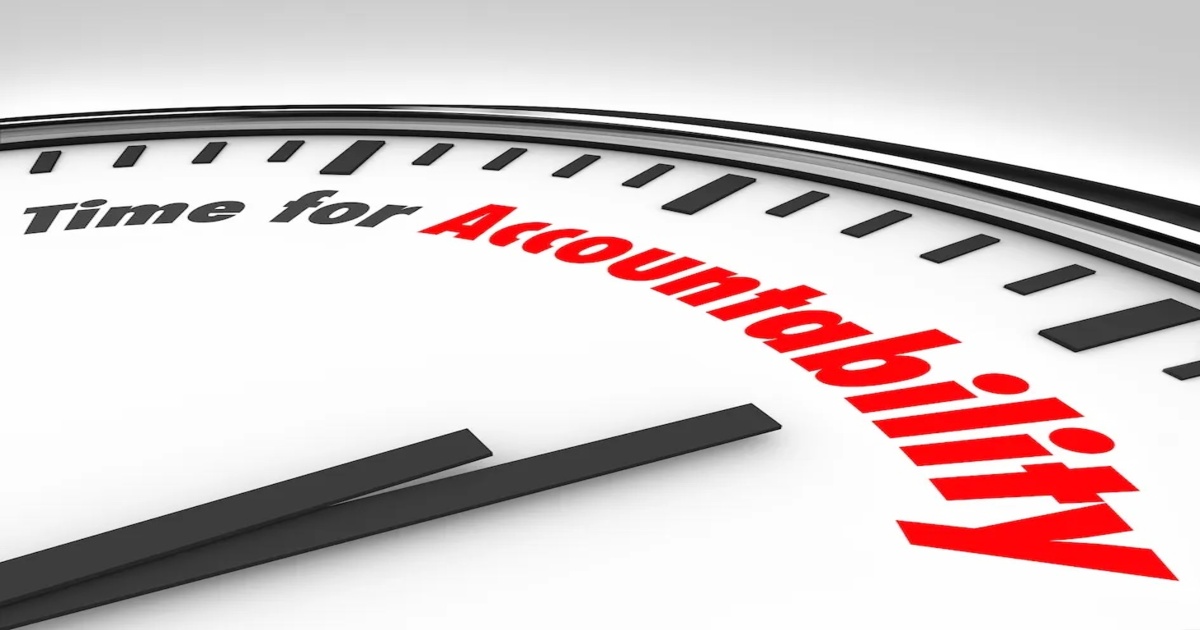Understanding Sustainable Development Goals (SDGs)
Before diving into the strategies, it is crucial to understand the Sustainable Development Goals. The SDGs consist of 17 interconnected goals designed to tackle pressing global issues, such as poverty, climate change, inequality, and sustainable consumption. Each goal has specific targets and indicators that serve as a roadmap for sustainable development. By aligning your business with the SDGs, you can contribute to creating a more just, equitable and sustainable world.
Importance of Aligning Businesses with Sustainable Development Goals (SDGs)
Aligning your business with the SDGs is more than just a corporate social responsibility initiative; it is a strategic decision that can drive long-term success. Customers, investors, and other stakeholders increasingly expect businesses to demonstrate their commitment to sustainability. By integrating the SDGs into your business practices, you can enhance your reputation, attract socially conscious consumers, improve employee engagement and foster innovation. Our strategic approach focuses on aligning initiatives with sustainable development goals to serve diverse client needs.
At Carthena Advisory, we have diligently implemented a process to ensure that our strategy development capability helps clients to align their strategic initiatives with the relevant sustainable development goal(s). This methodology ensures that clients attain long-lasting success while contributing to global sustainability.
Strategy 1: Conduct a Sustainability Assessment
To align your business with the SDGs, start by conducting a comprehensive sustainability assessment. This involves evaluating your current practices, identifying areas for improvement, and understanding how your business impacts the SDGs. Assessing your environmental footprint, social impact and governance practices will help you prioritize and set meaningful goals aligned with the relevant SDGs.
Strategy 2: Set Clear and Measurable Goals
Once you have identified the SDGs most relevant to your business, it is crucial to set clear and measurable goals. For each selected goal, define specific targets and key performance indicators (KPIs) that reflect your organization’s contribution to achieving the SDGs. By setting tangible goals, you can track progress, communicate transparently with stakeholders, and drive continuous improvement.
Strategy 3: Collaborate and Partner with Relevant Stakeholders
Collaboration is key to achieving sustainable development. Engage with stakeholders such as NGOs, local communities, suppliers, and industry peers to leverage their expertise and resources. By forming partnerships, you can amplify your impact, share best practices, and collectively address complex challenges. Collaborative initiatives can range from joint projects and knowledge-sharing platforms to advocacy for policy changes that support the SDGs.
Case Studies of Successful Business-SDG Alignments
To illustrate the effectiveness of aligning business with the SDGs, let’s explore a few inspiring case studies. Company A, a Nigerian fashion brand, successfully aligned its operations with SDG 12 (Responsible Consumption and Production) by implementing sustainable sourcing practices, reducing waste, and educating consumers about conscious buying. Company B, a Sub Saharan-based technology firm, focused on SDG 7 (Affordable and Clean Energy) by developing renewable energy solutions and offering energy-efficient products to its customers.
Challenges and Solutions
While aligning your business with the SDGs offers numerous benefits, it is not without challenges. Common obstacles include limited resources, lack of awareness, and resistance to change. Overcoming these challenges requires strong leadership, effective communication, and a commitment to continuous improvement. By investing in sustainability education, leveraging technology, and fostering a culture of innovation, businesses can address these barriers and make meaningful progress toward SDG alignment.
Benefits of Aligning Businesses with Sustainable Development Goals (SDGs)
Aligning your business with the SDGs yields several advantages. It enhances your brand reputation and competitiveness, attracts socially conscious customers, and fosters employee satisfaction and retention. SDG alignment also enables access to new markets and partnerships, encourages innovation and cost savings through resource efficiency, and reduces risks associated with climate change and social inequality. Moreover, it positions your business as a responsible global citizen committed to creating a sustainable future.
Conclusion
In conclusion, aligning your business with the Sustainable Development Goals is a strategic imperative for organizations today. By following the strategies outlined in this featured insight – conducting a sustainability assessment, setting clear goals, and collaborating with stakeholders – you can position your business as a driver of positive change.
Embracing the SDGs not only benefits society and the planet, but also contributes to your long-term business success.
FAQs
- What are the Sustainable Development Goals (SDGs)? The Sustainable Development Goals are a set of 17 global goals established by the United Nations to address pressing challenges such as poverty, inequality, and climate change.
- Why is aligning business with the SDGs important? Aligning business with the SDGs demonstrates a commitment to sustainability, enhances reputation, attracts customers, and drives innovation.
- How can businesses align with the SDGs? Businesses can align with the SDGs by conducting sustainability assessments, setting clear goals, and collaborating with relevant stakeholders.
- What are some benefits of aligning business with the SDGs? Benefits include improved brand reputation, access to new markets, cost savings, reduced risks, and enhanced employee engagement.
- Can small businesses align with the SDGs? Absolutely! The SDGs provide a universal framework that can be tailored to the size and context of any business. Small businesses can make meaningful contributions by adopting sustainable practices and supporting local communities.
Need Help?
At Carthena Advisory, we provide well-crafted strategy development services that will give your organization a competitive advantage, increase productivity, and drive growth and profitability. Visit our strategy development and implementation monitoring capability for more information.







